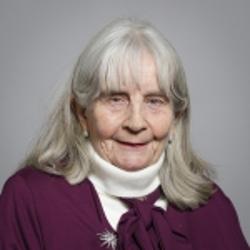Friarage Hospital: Accident and Emergency Departments
(asked on 4th March 2019) - View SourceQuestion to the Department of Health and Social Care:
To ask Her Majesty's Government what steps they will take to ensure patient safety in rural North Yorkshire following the closure of the Accident and Emergency department of the Friarage Hospital in Northallerton.
The accident and emergency (A&E) department at the Friarage Hospital is not closing but transforming into a 24 hours, seven days a week urgent treatment centre (UTC) in line with clinical guidance. The UTC will be able to see all patients with minor illnesses and minor injuries.
It is the responsibility of local National Health Service organisations, when making decisions on service changes, to fully consider any impact on patients. Commissioners also have to consider any impact on health inequalities, including those in rural areas, and the NHS Long Term Plan commits to developing a delivery model for small rural acute hospitals to ensure sustainable and efficient service delivery.
However, the vast majority of the services at the Friarage Hospital will remain unchanged with 89% of patients unaffected by these changes. Patients with serious medical conditions, such as those suffering from a stroke, heart attack and/or trauma already go directly to James Cook University Hospital.
There are robust plans in place to ensure patient safety. In future, a medical consultant will review all emergency cases prior to arrival, via a telephone triage with the ambulance team or general practitioner. More seriously ill patients will be diverted to appropriate hospital sites, typically James Cook or Darlington Memorial. This decision will be based on patient need and the patient’s home location. Where appropriate, patients will be returned to the Friarage once their condition has improved, for the remainder of their hospital stay.
Neither the Department nor NHS England have conducted an assessment of the impact of closures of A&E departments on ambulance services in rural areas.

